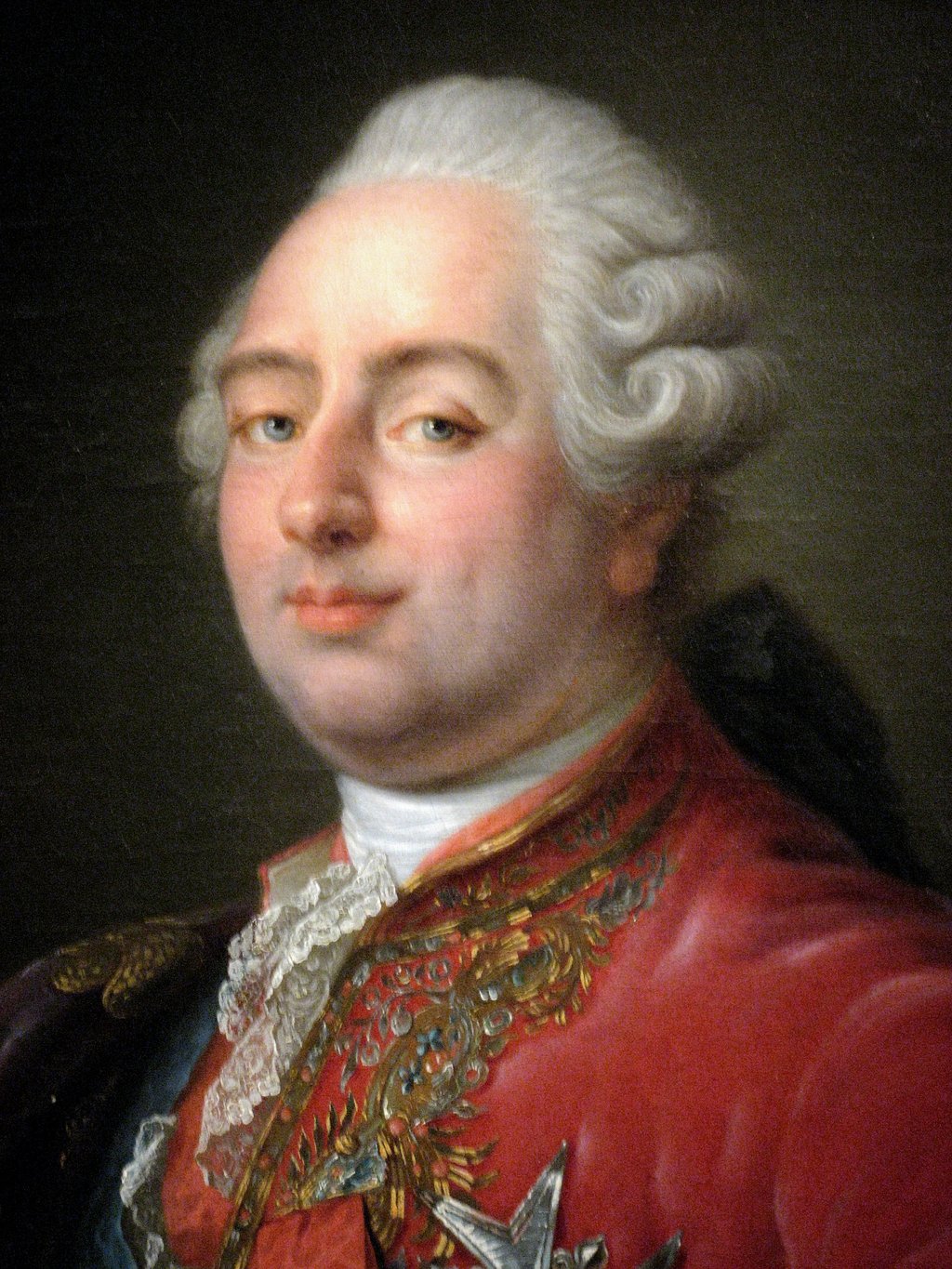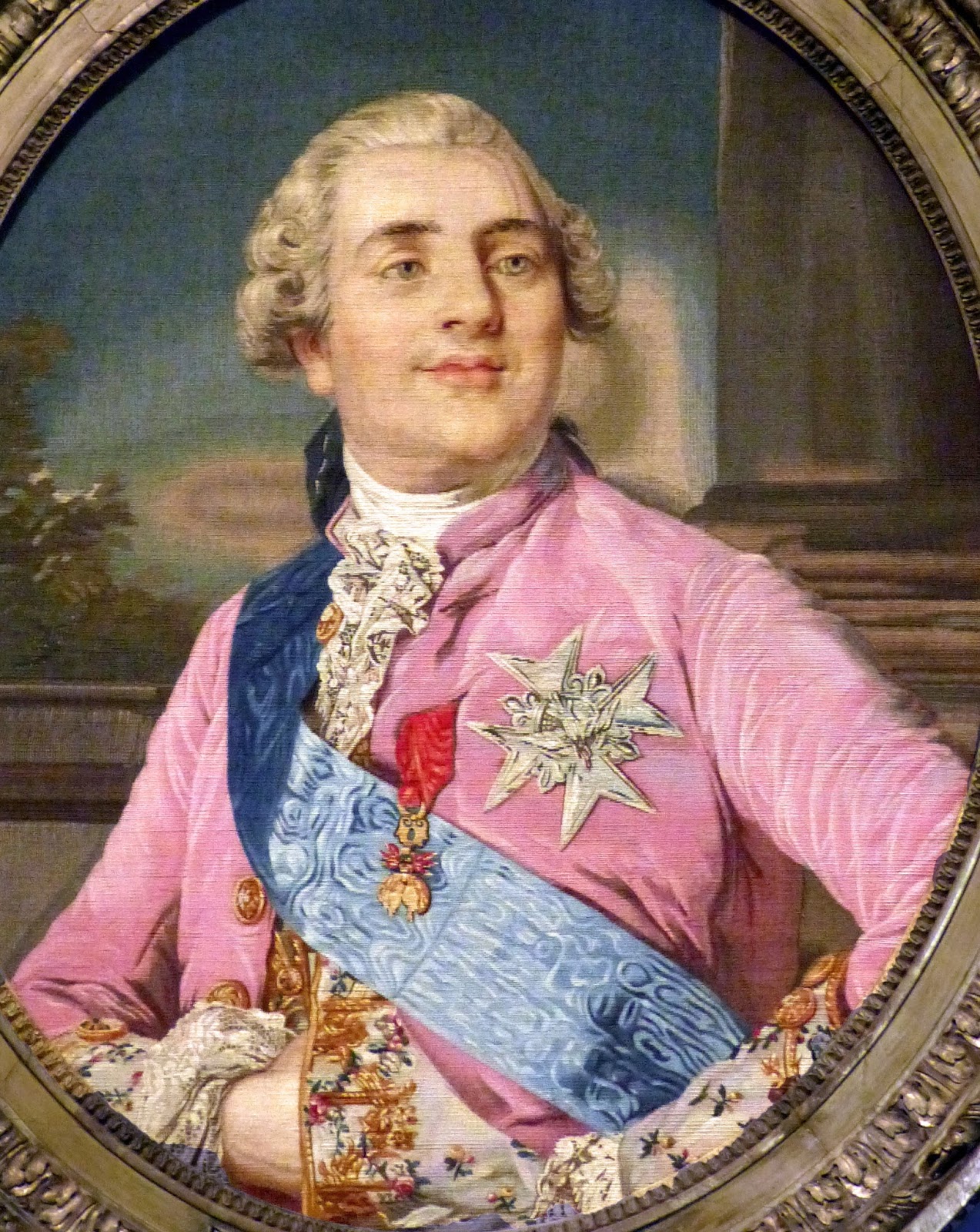The Life And Legacy Of Louis The 16th: A Monarch At A Crossroads
Louis the 16th, a name that echoes through the annals of French history, is often remembered as a monarch who faced monumental challenges during a turbulent time. His reign, marked by both opulence and crisis, set the stage for the rise of revolutionary fervor in France. Born into the House of Bourbon, Louis ascended the throne at a young age, inheriting a kingdom fraught with economic strife and social unrest. His efforts to reform the monarchy and address the grievances of his subjects would ultimately culminate in a tragic downfall, making him a pivotal figure in the story of the French Revolution.
The complexities of Louis the 16th's reign reveal a man caught between tradition and change. As the last king of France before the revolution, he attempted various reforms, including financial and administrative changes, to alleviate public discontent. However, his indecisiveness and failure to fully commit to these changes led to widespread dissatisfaction among the populace. The question remains: could Louis have saved his crown if he had taken bolder actions?
In examining Louis the 16th, one must consider the historical context in which he ruled. The Enlightenment ideals of liberty, equality, and fraternity were gaining traction, challenging the absolute monarchy that Louis represented. As the storm of revolution gathered strength, Louis found himself increasingly isolated, facing pressures from both the nobility and the common people. His story serves as a reminder of the delicate balance of power and the consequences of misrule.
What Was the Biography of Louis the 16th?
Louis the 16th, born on August 23, 1754, in Versailles, France, was the grandson of Louis the 15th and the last king of France before the French Revolution. His early life was marked by privilege and education, preparing him for the responsibilities of kingship. Louis became king at the tender age of 20, following the death of his grandfather in 1774.
Personal Details and Bio Data of Louis the 16th
| Detail | Information |
|---|---|
| Name | Louis-Auguste |
| Date of Birth | August 23, 1754 |
| Reign | 1774 - 1792 |
| Spouse | Marie Antoinette |
| Date of Death | January 21, 1793 |
| Cause of Death | Executed by guillotine |
What Were the Major Events During Louis the 16th's Reign?
Throughout Louis the 16th's reign, several key events shaped the future of France:
- The American Revolution (1775-1783): France's involvement in this conflict drained the royal treasury and inspired revolutionary ideas.
- The Financial Crisis: Heavy debts and poor harvests led to widespread unrest and demands for reform.
- The Estates-General (1789): Louis convened this assembly to address the financial crisis, inadvertently sparking the revolution.
- The Storming of the Bastille (July 14, 1789): This event marked the beginning of the revolution and the decline of royal authority.
How Did Louis the 16th Attempt to Reform France?
In the face of growing discontent, Louis the 16th made several attempts to reform the monarchy:
- Calling the Estates-General to address financial issues.
- Appointing reform-minded ministers, such as Jacques Necker, to help alleviate economic woes.
- Proposing the doubling of the Third Estate's representation, which was ultimately rejected by the nobility.
Why Did Louis the 16th Fail to Maintain His Power?
Several factors contributed to Louis the 16th's inability to retain control over the throne:
- Lack of decisive leadership during critical moments.
- Failure to connect with the common people and understand their grievances.
- Increased influence of revolutionary groups and the rise of radical factions.
- His perceived indecisiveness and reluctance to embrace necessary changes.
What Role Did Marie Antoinette Play in Louis the 16th's Reign?
Marie Antoinette, the queen consort, played a complex role during Louis the 16th's reign:
- Initially viewed as a foreign princess from Austria, her extravagant lifestyle drew criticism.
- She became a scapegoat for the monarchy's failures, often vilified by revolutionaries.
- Despite her attempts to influence her husband towards reform, her actions often exacerbated public discontent.
How Did Louis the 16th's Reign End?
The culmination of Louis the 16th's reign came with the outbreak of revolutionary fervor. After attempting to flee Paris in 1791, he was captured and returned to the city, where he faced mounting pressure from revolutionary factions. In 1792, he was deposed and imprisoned, leading to his trial for treason. Ultimately, on January 21, 1793, Louis the 16th was executed by guillotine, marking a definitive end to the monarchy in France.
What is the Legacy of Louis the 16th?
The legacy of Louis the 16th continues to be debated by historians. While some view him as a well-meaning monarch who struggled against the tides of change, others see him as a symbol of the failures of absolute monarchy. His tragic end serves as a cautionary tale about the importance of leadership, adaptability, and the need to heed the voices of the governed. As we reflect on his reign, it is essential to recognize the profound impact that Louis the 16th and his actions had on shaping the course of French history and the modern world.
In conclusion, Louis the 16th's life story encapsulates the struggles of a monarch at a crossroads. His reign serves as a poignant reminder of the complexities of governance, the importance of reform, and the inevitable march of history that can sweep away even the most powerful of rulers.
Emit Till Death: A Journey Of Passion And Resilience
Rediscovering The Essence Of Youth: Smells Like Teen Spirit
Unveiling The Life Of Laura Gallacher: A Journey Through Passion And Purpose


